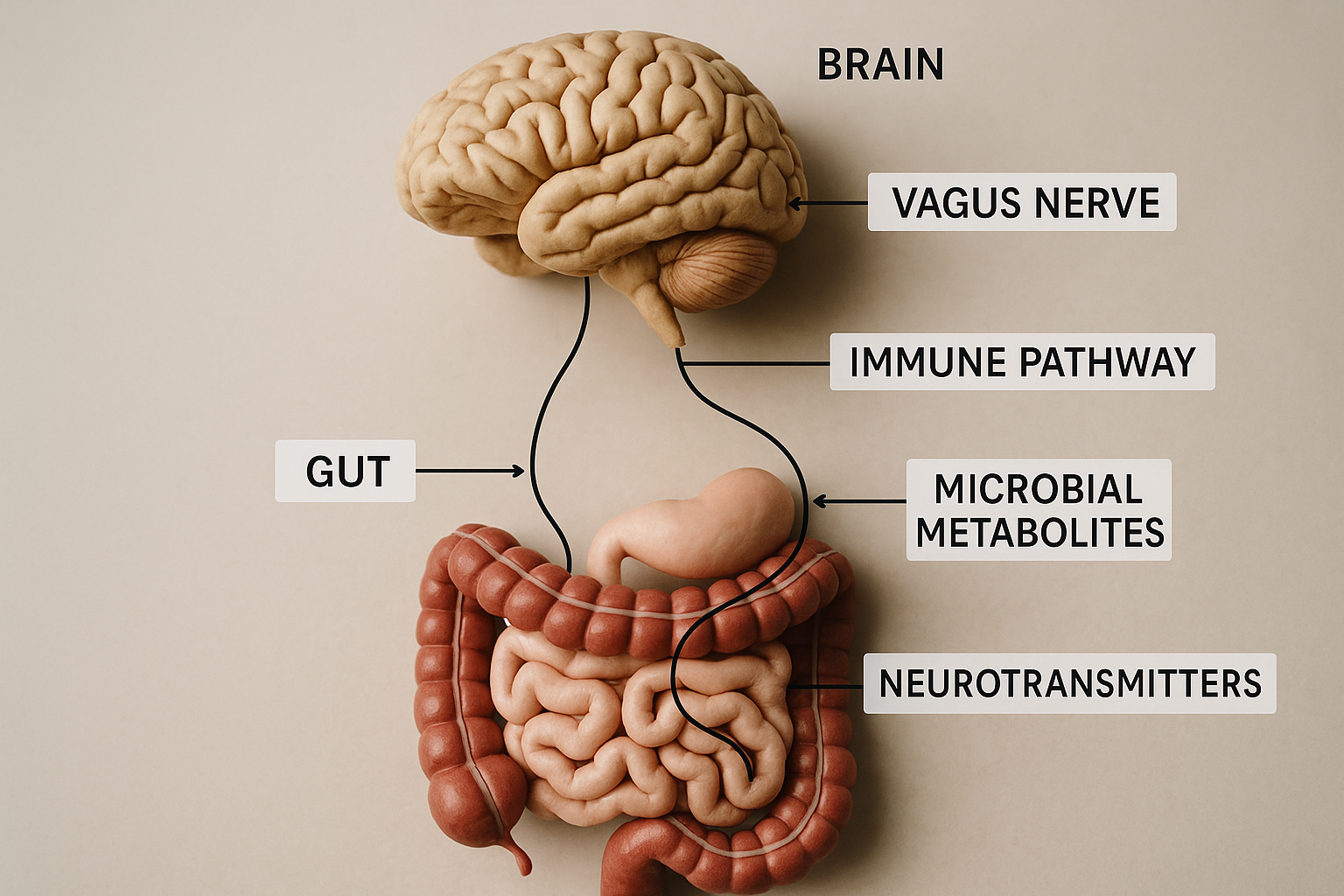5 Unexpected Health Changes You May Be Experiencing Now
In an era where health awareness is at an all-time high, many individuals are experiencing unexpected changes in their health that go beyond the usual scope of diet and exercise. These subtle shifts often manifest in ways that are not immediately obvious, yet they can significantly impact overall well-being. From evolving dietary needs to mental health fluctuations, these changes are influenced by a variety of factors, including lifestyle, environment, and even technology. This article delves into five unexpected health changes that you may be experiencing now, offering insights into their causes and implications. Understanding these changes can empower you to make informed decisions about your health and lifestyle, paving the way for a balanced and fulfilling life.
Altered Sleep Patterns: The Silent Revolution

One of the most common yet unexpected health changes people are experiencing today is an alteration in sleep patterns. With the rise of remote work and the blurring lines between personal and professional life, many find themselves sleeping at odd hours or experiencing disrupted sleep cycles. The blue light emitted by screens, combined with the stress of maintaining productivity from home, can lead to insomnia or irregular sleep. This change can result in fatigue, decreased cognitive function, and mood swings. Understanding the importance of maintaining a consistent sleep schedule and creating a conducive sleep environment can help mitigate these effects, ensuring that your body and mind are well-rested and ready to tackle daily challenges.
Digestive System Surprises: The Gut-Brain Connection

Another unexpected health change is the impact on the digestive system, often linked to stress and dietary shifts. Recent studies highlight the gut-brain axis, where the gut microbiome significantly influences mental health. Stress can alter gut flora, leading to issues such as bloating, indigestion, or irritable bowel syndrome (IBS). Additionally, changes in diet, whether due to new health trends or convenience, can exacerbate these issues. Understanding the link between stress and digestion, and incorporating probiotics and fiber-rich foods into your diet, can promote a healthy gut, which in turn supports mental and physical health. This holistic approach can help maintain digestive harmony amidst modern-day pressures.
Emotional Fluctuations: The New Normal

Emotional health is another area experiencing unexpected changes, with many individuals reporting increased anxiety and mood swings. The constant barrage of news, coupled with social media pressures, can lead to emotional fatigue. Moreover, the isolation from social distancing measures has amplified feelings of loneliness and stress. These emotional fluctuations can have a profound impact on mental health, affecting relationships and productivity. Recognizing these feelings and seeking support through therapy, mindfulness practices, or community engagement can foster emotional resilience. Embracing emotional awareness allows individuals to navigate these changes more effectively, promoting a more balanced mental state.
Skin Sensitivity: The Environmental Impact

In recent years, many have noticed changes in their skin's sensitivity, often attributed to environmental factors and lifestyle changes. Increased exposure to pollutants, coupled with the stress-induced release of cortisol, can exacerbate skin conditions such as acne, eczema, and rosacea. Additionally, the frequent use of masks has introduced a new phenomenon known as "maskne." Understanding the importance of a consistent skincare routine and protecting the skin from environmental aggressors is crucial. Incorporating products with antioxidants and maintaining hydration can help mitigate these effects, ensuring that your skin remains healthy and resilient in the face of modern environmental challenges.
Fluctuating Energy Levels: The Nutritional Deficit

Many individuals are experiencing fluctuating energy levels, often linked to dietary choices and nutritional deficiencies. The convenience of processed foods, coupled with a lack of essential nutrients, can lead to energy crashes and fatigue. Moreover, the increased consumption of caffeine and sugar as quick fixes can exacerbate these fluctuations. Understanding the role of balanced nutrition in maintaining steady energy levels is vital. Incorporating whole foods, rich in vitamins and minerals, and staying hydrated can provide sustained energy throughout the day. This approach not only boosts physical health but also enhances mental clarity and productivity, contributing to overall well-being.
Embracing and Adapting to Health Changes

The unexpected health changes we are experiencing today are a testament to the evolving nature of our lifestyles and environments. By understanding and acknowledging these shifts, individuals can take proactive steps to adapt and thrive. Whether it's adjusting sleep patterns, nurturing the gut-brain connection, managing emotional health, protecting the skin, or optimizing nutrition, each change offers an opportunity for growth and improvement. Embracing these changes with awareness and intention can lead to a more balanced and fulfilling life, where health is not just the absence of illness but a dynamic state of physical, mental, and emotional well-being.
